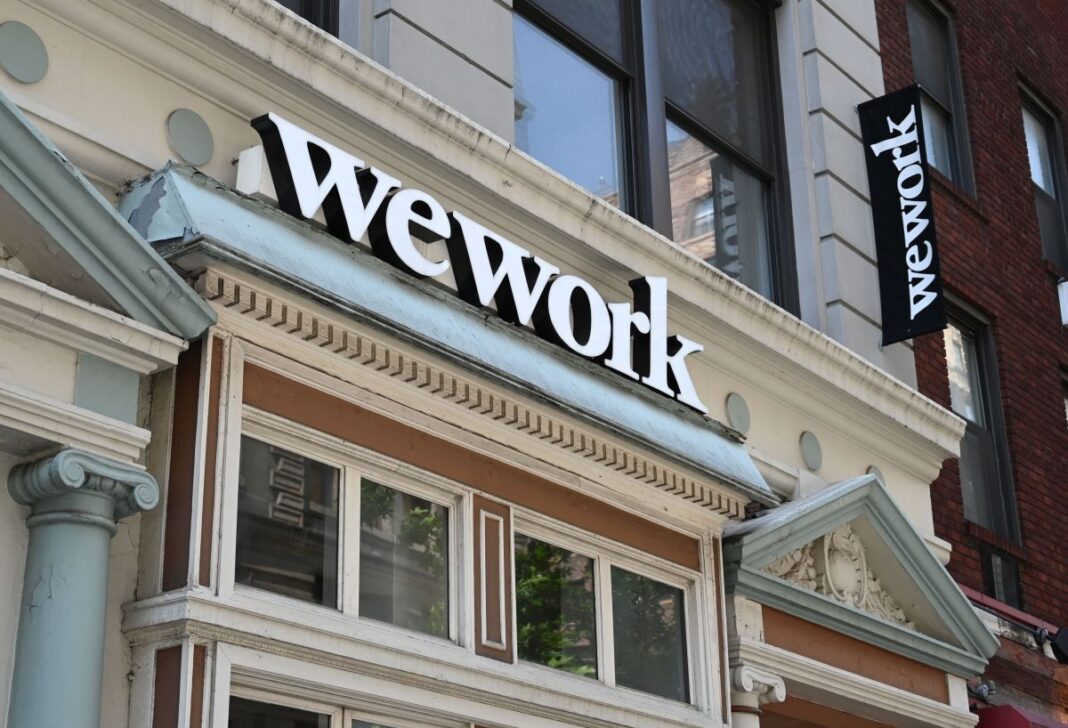Flexible-office-space firm WeWork has filed for Chapter 11 bankruptcy protection, a stunning change in fortune for the once high-flying startup co-founded by Adam Neumann and bankrolled by SoftBank, BlackRock and Goldman Sachs.
The New York-based firm, which raised over $22 billion, has listed both assets and liabilities in the range of $10 billion to $50 billion in its petition filed in a New Jersey federal court. Its bankruptcy filing is limited to locations in the U.S. and Canada, it said.
WeWork India has emerged as one of the strongest units in the WeWork franchise, and is largely insulated from the bankruptcy as majority of it is owned by Embassy Group. The India unit makes money and doesn’t need external capital to operate, India head told local media last week.
WeWork’s initial public offering faced setbacks in 2019 due to concerns over losses and governance, leading to the withdrawal of its IPO and the exit of chief executive Neumann. Neumann’s departure led to a costly settlement with WeWork and SoftBank in 2021. The company eventually went public via a SPAC merger, valuing it at $9 billion, and forecasted $2 billion in cash operating profit by 2024.
WeWork restructured its balance sheet this year, reducing debt by $1.5 billion and delaying debt maturities to 2027. Despite these efforts, the firm’s market value has plummeted to less than $50 million, and bankruptcy may lead to the cancellation of existing shareholder shares, with bonds now trading at distressed levels.
“Now is the time for us to pull the future forward by aggressively addressing our legacy leases and dramatically improving our balance sheet,” WeWork chief executive David Tolley said in a statement.
“We defined a new category of working, and these steps will enable us to remain the global leader in flexible work. I am deeply grateful for the support of our financial stakeholders as we work together to strengthen our capital structure and expedite this process through the Restructuring Support Agreement. We remain committed to investing in our products, services, and world-class team of employees to support our community.”
In its earnings disclosure in August, WeWork publicly acknowledged “substantial doubts” about its ability to continue.
More to follow.
Source link









